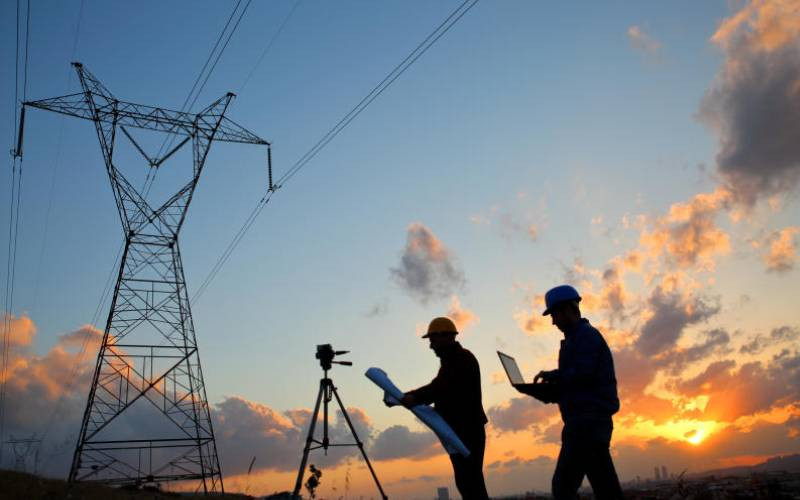Electricity generators will now face monthly penalties if they fail to present a full-year schedule of planned plant shutdowns, as the government seeks to avert power interruptions for millions of consumers.
Under the Draft Energy (Electricity Reliability, Quality of Supply and Service) Regulations, 2025, power producers must submit a 52-week outage plan for each generating unit connected to the national grid.
The plan, to be filed with the Energy and Petroleum Regulatory Authority (Epra) and Kenya Electricity Transmission Company (Ketraco), must be handed in by December 31 every year or within four months after the close of a financial year.
The requirement, which recently underwent public participation, aims to ensure maintenance shutdowns are coordinated and carried out without compromising electricity supply.
Authorities warn that simultaneous switch-offs of large-capacity plants could expose the country to nationwide blackouts, a risk that has grown with the steady rise in demand.
“A generation licensee who fails to submit to the System Operator a 52-weeks-ahead outage plan per generating plant showing planned outages schedule by December 31st of each year commits an offence and is liable to a fine of Sh100,000 per month for each of the months that the breach continues,” the draft regulations state.
Until now, power producers have shared their schedules with Epra and Kenya Power based only on informal agreements. Anchoring this process in law marks an escalation of regulatory efforts to strengthen grid reliability and protect consumers from frequent outages.
Kenya Power’s customer base reached 10.06 million in June, while annual consumption grew to 13.68 billion kilowatt-hours by June last year, up from 7.24 billion kWh ten years ago.
Epra says that with such growth, careful planning of outages is critical to balancing supply and demand.
The country has experienced several blackouts triggered by faults or maintenance challenges. In 2023, a nationwide outage was caused by a broken jumper at two geothermal plants in Olkaria.
Most failures, however, have been linked to ageing transmission lines that struggle to handle sudden surges in demand.
Kenya is adopting international practices by enforcing outage planning rules.
In France, utilities must file annual outage schedules by law, while in Ghana producers are similarly compelled to comply or face sanctions. Kenya currently relies on at least 25 plants, operated by both state-owned and independent producers, to supply the grid.

